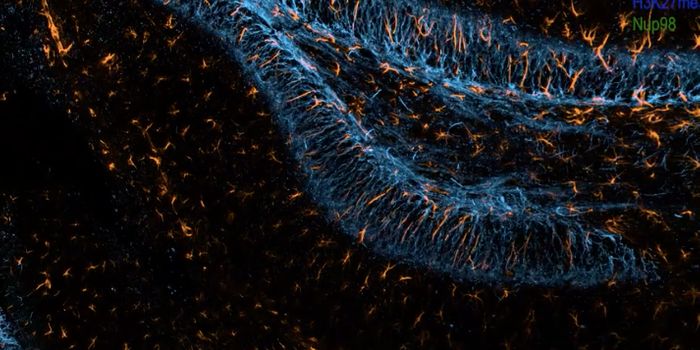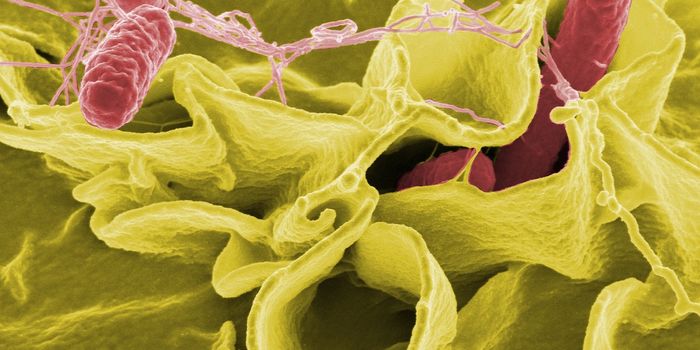How a High-Sugar Diet Can Weaken the Perception of Sweetness
Added sugars are in so many food products, they are difficult to avoid even when you're trying, and high sugar diets have become the norm in much of the Western world. Researchers have wondered whether all that sugar was affecting people's perception of taste. Using a rat model, they determined that high sugar diets can dull the taste system's ability to sense sweet flavors, confirming previous studies. But this research showed why the nerve that sends information about sweetness from the tongue to the brain was 50 percent less responsive in rats that were fed a high-sugar diet. The findings have been reported in Current Biology.
Previous work has shown that if sugar intake is reduced, people's perception of sugar will become more intense. Researcher Monica Dus, an associate professor of molecular, cellular and developmental biology at the University of Michigan, wanted to know how that was happening.
“Several of our previous papers found that sugar dulls sweet taste in fruit flies by lowering the responsiveness of the nerve and reprogramming the taste cells, but flies are still just flies. I really wanted to understand if and how it was happening in mammals," said Dus.
Dus and collaborators used two groups of rodents, one fed a normal diet and plain water, while another got the regular diet and sugar water. Four weeks later, the researchers measured nerve responsiveness when the rat tongues were exposed to various stimuli, including bitter, salty, sour, umami, and sweet flavors. They focused on the nerve that carries information about taste from the front of the rat tongue to the brain. The rats' responses to temperature were also measured.
This work showed that there was no change in the perception of bitter, salty, sour, or umami flavors, and no change in how they perceived hot or cold temperatures. However, the response to sweet flavors was reduced by 50 percent in the rats that received sugar water.
“This is not a subtle effect. It is really strong, and it only took four weeks,” Dus noted.
There was no weight gain from the increased sugar intake.
The rats were all put back on a normal diet, and after another four weeks, the researchers repeated the sensitivity test to sweetness. They found that it had returned to normal. That could be good news for people, said Dus, because it may be reversible if people experience the same phenomenon. The taste system is known to be flexible, or plastic, and the researchers weren't surprised by their findings.
Further work showed that there had been no change in the structures that house taste buds on rat tongues, there was not a reduction in the number of taste buds, and the nerve that links up with taste buds was not altered. However, there were fewer cells that detect sweet flavors in the rats that had been exposed to a high-sugar diet, potentially explaining why the perception of sweetness is impacted so significantly.
The researchers now want to know more about how changes in the perception of sweetness might change human behavior. In flies, for example, a reduced sensation of sweetness causes a reduction in dopamine release, and leads to overeating because satiety is impaired.
Human and rats have similar mechanisms of taste perception, so this the best evidence we have now that shows that high sugar diets can alter sensory systems. It may be influencing how people eat, or their metabolism. But, the system also seems to be malleable, and we may be able to change foods so they don't contain so much sugar, said Dus. We may even enjoy those less sugary foods just as much if we aren't overloaded with the stuff.
Sources: University of Michigan, Current Biology









